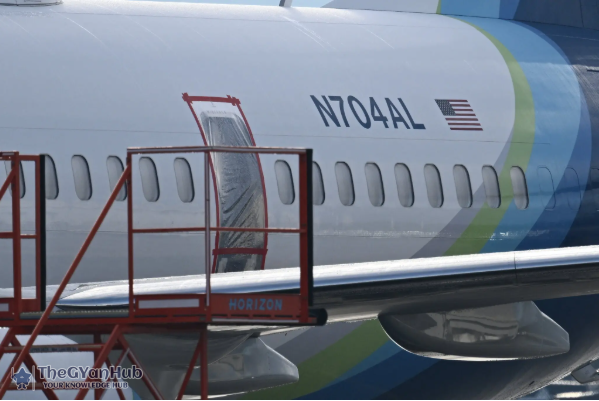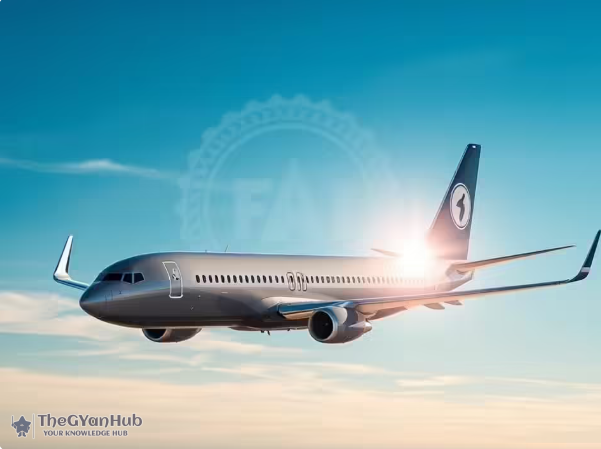I’m a passionate writer who loves exploring ideas, sharing stories, and connecting with readers through meaningful content.I’m dedicated to sharing insights and stories that make readers think, feel, and discover something new.
Boeing's Path to Redemption
In a pivotal development for the aviation industry, US regulators have announced that Boeing can resume certifying the airworthiness of certain new aircraft. This decision comes after a thorough review of Boeing's safety protocols and operational improvements following two tragic crashes that had previously grounded the company's 737 MAX fleet.

[a Boeing airplane on runway]
The Impact of Past Crashes
The decision to allow Boeing to certify new planes marks a turning point for the company, which has been under intense scrutiny since the fatal crashes of Lion Air Flight 610 and Ethiopian Airlines Flight 302. These incidents, which occurred in late 2018 and early 2019, resulted in the loss of 346 lives and led to a global grounding of the 737 MAX model.
In response, Boeing undertook significant changes to its safety procedures and corporate culture, aiming to restore trust among regulators, airlines, and the flying public. The Federal Aviation Administration (FAA) has been closely monitoring these changes, culminating in the recent announcement.
Regulatory Confidence Restored
The FAA's decision to allow Boeing to certify new planes is a testament to the company's efforts to enhance its safety standards. According to air safety officials, Boeing has demonstrated substantial improvements in its engineering processes and compliance with regulatory requirements.
This move is expected to bolster Boeing's position in the competitive aviation market, allowing it to meet the growing demand for new aircraft as the industry recovers from the COVID-19 pandemic.

Industry Implications
The resumption of certifications is likely to have significant implications for the aviation sector. Airlines that have been awaiting new deliveries from Boeing can now proceed with their expansion plans, potentially leading to increased capacity and more options for travelers.
Moreover, this development may influence other aircraft manufacturers to reassess their safety protocols and certification processes, fostering a safer and more reliable aviation environment globally.
Looking Ahead
While the FAA's decision is a positive step for Boeing, the company remains vigilant in its commitment to safety and transparency. Ongoing collaboration with regulators and stakeholders will be crucial as Boeing navigates the complexities of the modern aviation landscape.
As the industry continues to evolve, Boeing's ability to adapt and innovate will be key to its long-term success and the safety of passengers worldwide.
Further Reading
Related articles in this category

El Mencho Killed: The Fall of Mexico's Most Powerful Drug Cartel
February 23, 2026
The recent killing of Nemesio Rubén Oseguera Cervantes, known as 'El Mencho', has led to significant upheaval in Mexico as the Jalisco New Generation Cartel faces a power vacuum. This article explores the implications of his death on the drug trade and national security.

Sam Altman vs. Sridhar Vembu: A Clash on AI and Human Energy Consumption
February 22, 2026
In a recent discussion, Sam Altman compared the energy consumption of AI systems to that of humans, prompting a strong rebuttal from Sridhar Vembu. This article explores their contrasting views on energy efficiency and sustainability.

Trump's Loss, India's Gain? How Tariff Order Could Affect Trade Talks
February 20, 2026
The US Supreme Court's decision to strike down Trump's Global Tariffs Policy may have significant implications for India, potentially reshaping trade dynamics. As New Delhi navigates this change, the global trade landscape could see a shift in power.






